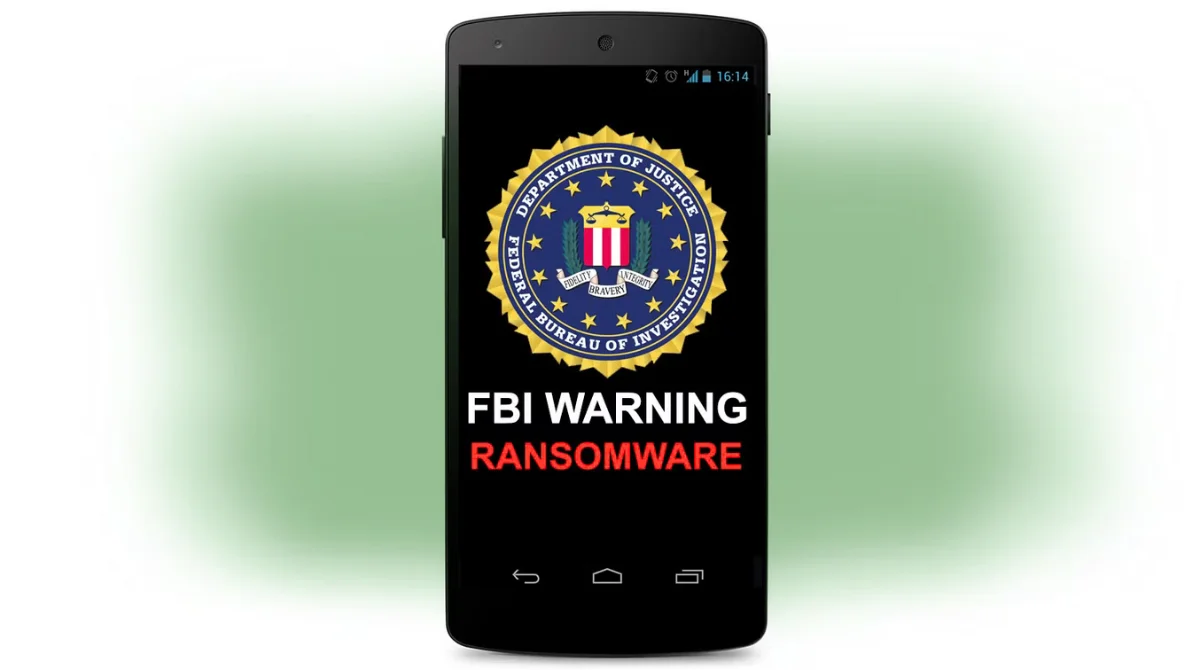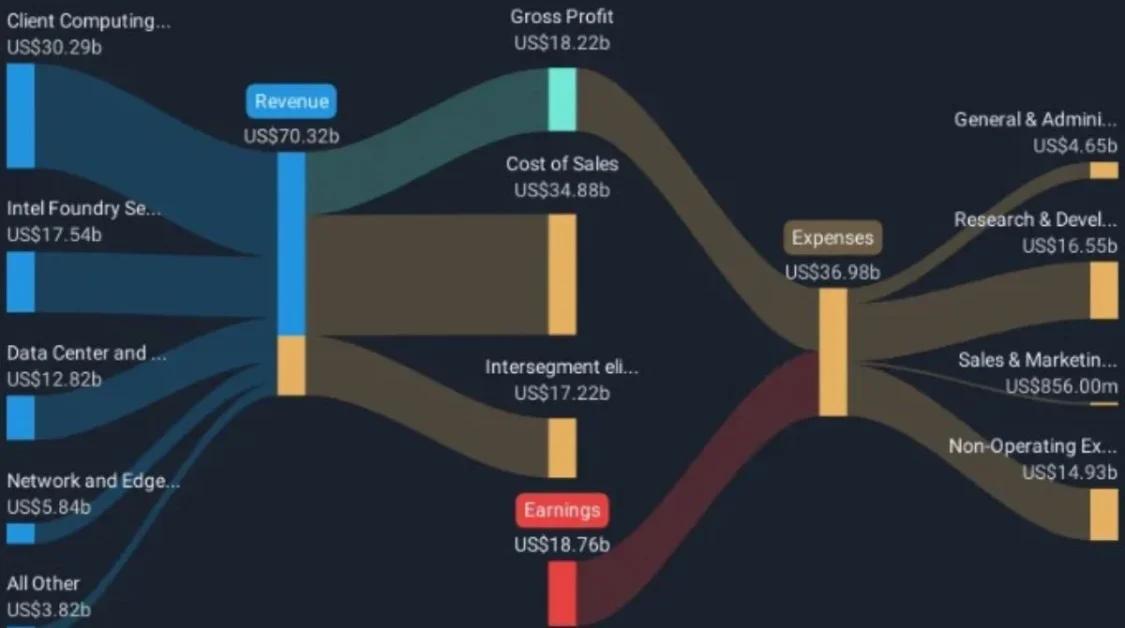The Federal Bureau of Investigation (FBI), in collaboration with the Cybersecurity and Infrastructure Security Agency (CISA), has issued an urgent advisory to users of popular email services such as Gmail and Outlook, as well as Virtual Private Network (VPN) users, to immediately enable two-factor authentication (2FA). This directive comes in response to the escalating threat posed by the Medusa ransomware group, which has been actively targeting critical infrastructure sectors since at least June 2021.
Medusa operates under a ransomware-as-a-service (RaaS) model, allowing cybercriminals to utilize its sophisticated tools to infiltrate systems. The group employs tactics such as phishing schemes and exploiting unpatched software vulnerabilities to gain unauthorized access. Once inside a network, Medusa actors encrypt sensitive data and demand a ransom, threatening to publicly release the information if their demands are not met. As of February 2025, Medusa has claimed over 300 known victims across various critical infrastructure sectors, including medical, education, and legal industries.
To mitigate the risks associated with Medusa ransomware, the FBI and CISA strongly recommend the following measures:
- Enable Two-Factor Authentication (2FA): Activate 2FA on all accounts, especially webmail services like Gmail and Outlook, as well as VPNs. This adds an essential layer of security, making unauthorized access significantly more challenging.
- Use Strong, Unique Passwords: Ensure all passwords are complex and not easily guessable. Avoid reusing passwords across different platforms.
- Maintain Regular Backups: Keep copies of critical data in secure, separate locations to facilitate recovery in case of an attack.
- Keep Systems Updated: Regularly update operating systems, software, and security applications to patch known vulnerabilities that cybercriminals might exploit.
- Monitor Network Activity: Utilize network monitoring tools to detect any unusual or unauthorized activities that could indicate a ransomware intrusion.
- Restrict Administrative Access: Limit administrative privileges to essential personnel only, reducing the potential impact of compromised accounts.
- Disable Unnecessary Services: Turn off command-line and scripting tools that are not in use to minimize potential attack vectors.
- Close Unused Network Ports: Disable any network ports that are not actively needed to reduce the avenues available for attackers to exploit.
While the FBI’s recommendations focus on technical defenses, some cybersecurity experts argue that these measures may not fully address the root causes of ransomware attacks. Roger Grimes, a data-driven defense evangelist at KnowBe4, emphasizes that social engineering plays a significant role in the success of such attacks. He advocates for comprehensive security awareness training to educate users on identifying and avoiding phishing attempts and other deceptive tactics employed by cybercriminals.
The Medusa ransomware group represents a significant and evolving threat to both organizations and individual users. By implementing the recommended security measures, particularly enabling two-factor authentication on email and VPN accounts, users can substantially reduce their vulnerability to such attacks. Continuous vigilance and proactive cybersecurity practices are essential in safeguarding against these and other emerging cyber threats.



